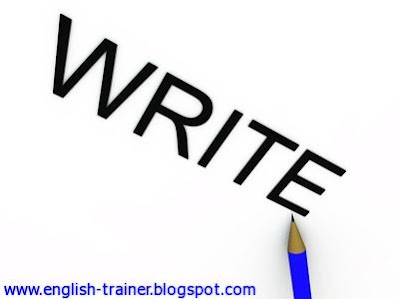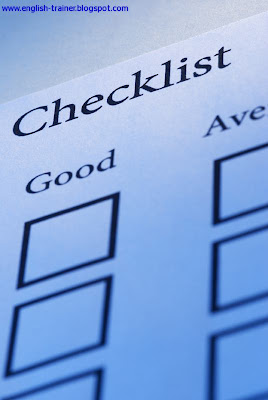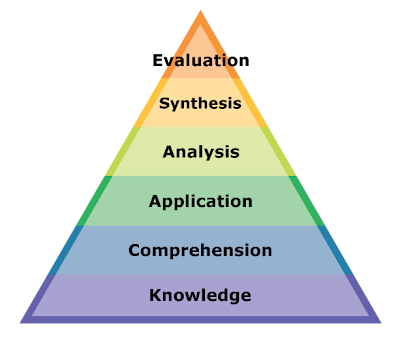
English First High Flyers
The English First High Flyers app is a great way for you to improve and expand your vocabulary—the best part is that you’re having fun with it through games instead of just writing down the words and memorizing them. There are five games in total, each include audio flashcards. Once you master each set of flashcards and earn the appropriate points, you can then move on to the next level of the game. Each level gradually get’s more complex as you move on.
Download English First High Flyers for iPad

English for Kids
The English for Kids app is a little bit more mature than the one mentioned above, but it’s still a fun and aesthetically pleasing way for you to perfect your spelling and pronunciation of simple English terms. Subjects include the human body, food, numbers, colours, and the personality / characteristics of certain people just to name a few. The app is also equipped with a native English speaking “helper” that will notify you when you’ve selected the wrong answer.
Download English for Kids for iPod touch, iPhone and iPad

Reading Monster
Like the name suggests, the Reading Monster app is designed to improve one’s reading and comprehension. This app is best used for those who are comfortable with vocabulary since learners will build on sentence structure. Although the curriculum of the games and stories are for elementary school students, it can definitely ease off the pressure of trying to comprehend extremely complex sentences.
Download Reading Monster for iPad
Yes, the apps mentioned above may seem quite juvenile for a few individuals, but it’s a good way to ease people into learning English—after all, when you learned your native language you started the same way. Naturally, once you’ve mastered the “fun” portion of learning the English language, you can definitely move on to more advanced and “serious” learning applications.
This is a guest post by Kimberly Wilson. Kimberly is from accredited online colleges, she writes on topics including career, education, student life, college life, home improvement or time management.
You have read this article Apps /
iPad /
iPhone /
Kids
with the title January 2012. You can bookmark this page URL https://apostolosmakrides.blogspot.com/2012/01/going-back-to-basics-3-iphone-childrens.html. Thanks!














